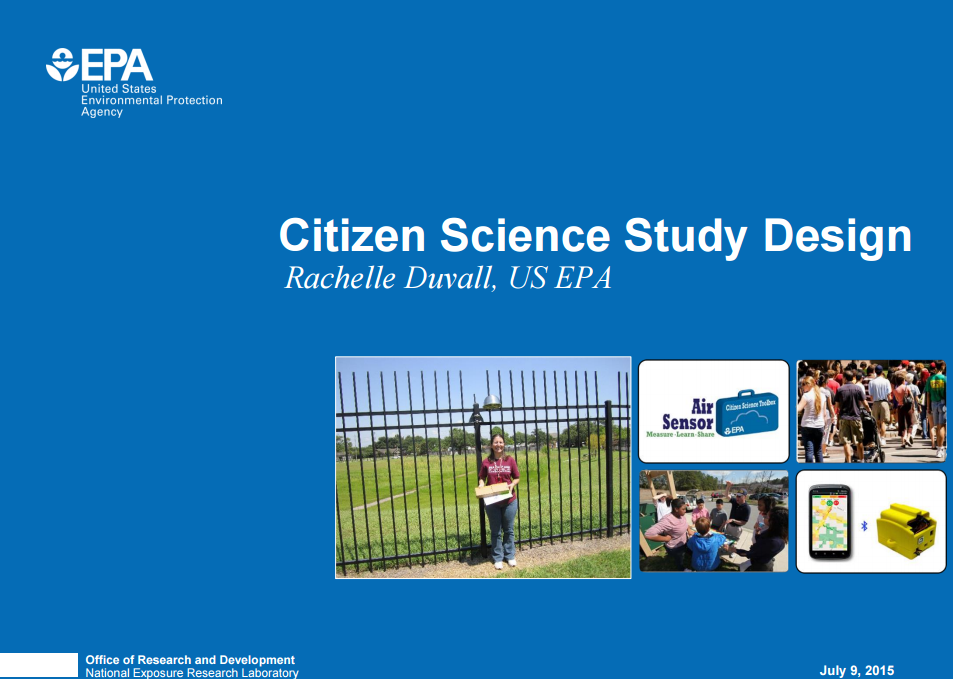|
|
Bureau of Environmental Analysis, Restoration and Standards
Study Designs and Quality Assurance Project Plans (QAPPs)
Study Design
Designing a water monitoring study begins with identifying what question you are trying to answer. For example:
- Are you trying to fill data gaps to determine stream health?
- Do you want to know if it is safe to swim at the local lake?
- Do you want to determine if local land uses are impacting the quality of nearby waterways?
Knowing the right question will help determine which parameters and protocols will be included in your monitoring program. Developing a clear study design is important to the success of any monitoring program. Your study design will address when, how, and why you are collecting the data. It will also ensure that everyone in your group is working towards the same goals. Furthermore, it will allow outside data users to understand the purpose of your monitoring program and determine if the quality of the data you collect is sufficient for their intended use as well as your own. By clearly identifying your purpose for data collection, you will be better able to determine what types of data, data collection methods, and quality controls are necessary to achieve that purpose. USEPA has provided some useful tips in their Citizen Science Study Design Guide.
|

|
Quality Assurance Project Plans
- How do you ensure the quality of your water monitoring program’s data?
- How do you ensure that the level of confidence in your data is commensurate with its desired use and data objectives?
A Quality Assurance Project Plan (QAPP) is a key tool to address potential uncertainties that may affect the quality of your data, such as how volunteers are trained; how samples are collected, handled and stored; or how data were analyzed and reports written. A QAPP is a document which outlines all procedures that will be followed by those conducting a monitoring project to ensure that the data they collect and analyze meet project requirements. It also serves as a record of methods, goals, and procedures that current and future volunteers will follow and that potential users of the data can consider. Links to QAPP resource materials are provided under the headings. These include guidance documents created by NJDEP and USEPA to assist citizen scientists with QAPP development, examples of QAPPs used by the AmeriCorps New Jersey Watershed Ambassadors Program, and examples of QAPPs used for types of community water monitoring.
|
| |
|
For more information, please contact Kimberly Cenno, Bureau Chief,
Bureau of Environmental Analysis, Restoration and Standards at (609) 633-1441. |